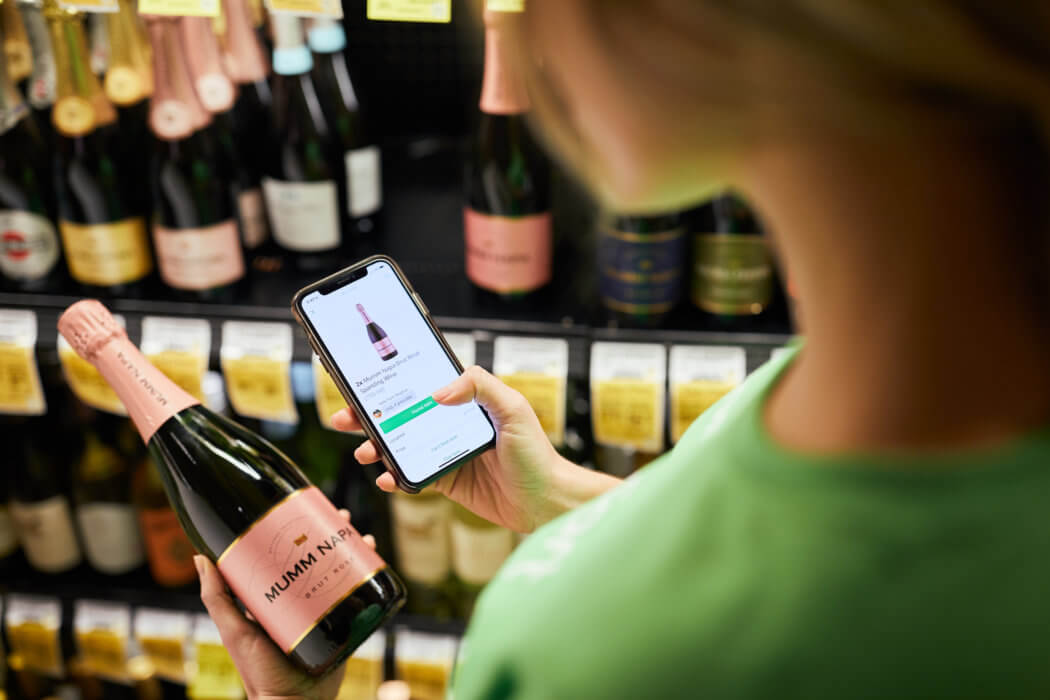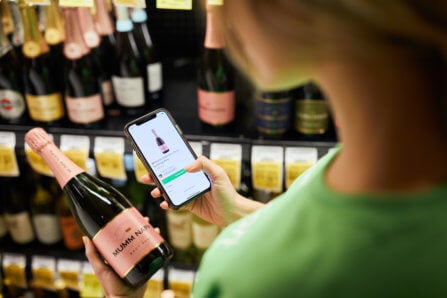In this article, we look broadly at the importance of first-party data and the move away from ad personalization and tracking across apps. We also provide an overview of the value of Instacart Ads to advertisers in terms of closed-loop reporting, insights, and more.
Within the ad tech industry, many advertisers have successfully deployed third-party tracking to deliver more personalized ads and understand user behavior across apps and sites. However, in response to an increasing onus on privacy, major tech companies have announced new and planned changes which will curtail advertisers’ ability to attribute and measure sales, and target personalized ads.
While this will impact the broader ad tech industry, some platforms, like Instacart Ads, have always offered closed-loop reporting and access to first-party data to advertisers. So even in the pending ‘cookieless’ future, it’s business as usual for Instacart Ads.
The turning tide brings a chance to reflect on the value Instacart Ads brings and the benefits it offers our brand partners and advertisers.
Let’s start with the importance of first-party data.
First-party data, as many are aware, refers to data collected directly from customers. At Instacart, it encompasses intent and purchase signals, as well as anonymized and aggregated order details that tell us things like how many cartons of eggs were ordered from our retail partners last week. One benefit from this first-party data comes from the context in which it is gathered — namely from users signed up to an online grocery app. Just by signing up to Instacart, consumers signal their relevance to the CPGs and advertisers that work with us.
Consumers might sign up to other, broader ecommerce marketplaces for a variety of diverse needs that are harder to pinpoint than their needs and goals while using Instacart.
For example, if you wanted to advertise a new applewood-smoked cheddar cheese, getting ads for it in front of consumers buying groceries is a good place to start. Lots of people buying groceries will be interested in purchasing cheese. Or a new flavor of potato chip or diet soda or hot sauce.
While not universal, this is true for many products on the Instacart marketplace. Signing up to Instacart provides a stronger signal of intent to brands than signing up to an ecommerce site to buy, say, furnace filters, a book on Napoleon, or a pair of size seven tennis shoes.
Another key aspect of the cookieless future to consider is how closed-loop reporting solves potential sales attribution problems. For example, ad tech that relies on third-party cookies, device IDs, or other methods for cross-app, cross-site tracking will need to rework how to measure and attribute sales back to ad campaigns.
Marketplaces and ecommerce sites like Instacart can act as closed-loop ecosystems, where ads are served to consumers in the same ‘space’ any resulting sales occur. Closed-loop ecosystems drastically simplify the technical challenges of accurately attributing sales, which are many.
A typical consumer journey from prospect to conversion involves multiple ‘touch points’ with a brand. How much each influenced their decision to buy is an open question, complicated by the mix of environments in which those touches occur — not only do touches happen online and offline, these broad categories break down further.
Looking at just the online world, consumers may interact with a brand through organic search, paid search, and display ads before converting. Complicating this further is all the ways people go online nowadays — on their computers, tablets, and smartphones interchangeably.
Brands deal not just with multi-touch attribution, but also with cross-device attribution as shopping journeys can cross multiple devices. In fact, a recent report from eMarketer points out that cross-device attribution is the second-biggest (42%) challenge for media professionals in 2021.
Without closed-loop reporting, brands can spend considerable resources connecting their marketing efforts to sales. While solutions like Instacart Ads that offer closed-loop reporting do not eliminate complexity, they provide a much stronger linkage between consumers served an ad and consumers who bought the advertised product.
At Instacart, we’re building a solution that meets the highest privacy standards. Instacart Ads anonymizes and aggregates data to deliver insights and analysis that help brands understand what’s happening on the Instacart marketplace. Doing so provides a better experience for our consumers, helping them discover new products they’ll love alongside old favorites, and enables us to be a better, more valuable partner to the CPGs and advertisers that work with us.
If this sounds like a channel you’d like to leverage to reach consumers shopping for groceries, health, home, and personal care products online, we’d love to hear from you at ads.instacart.com/signup.



 How Consumers Shop on Instacart – Unique Consumer Behavior
How Consumers Shop on Instacart – Unique Consumer Behavior  Advertising on Instacart 101: Where Do My Ads Show?
Advertising on Instacart 101: Where Do My Ads Show?  How Instacart Ads provides value today and in the cookieless future
How Instacart Ads provides value today and in the cookieless future 



